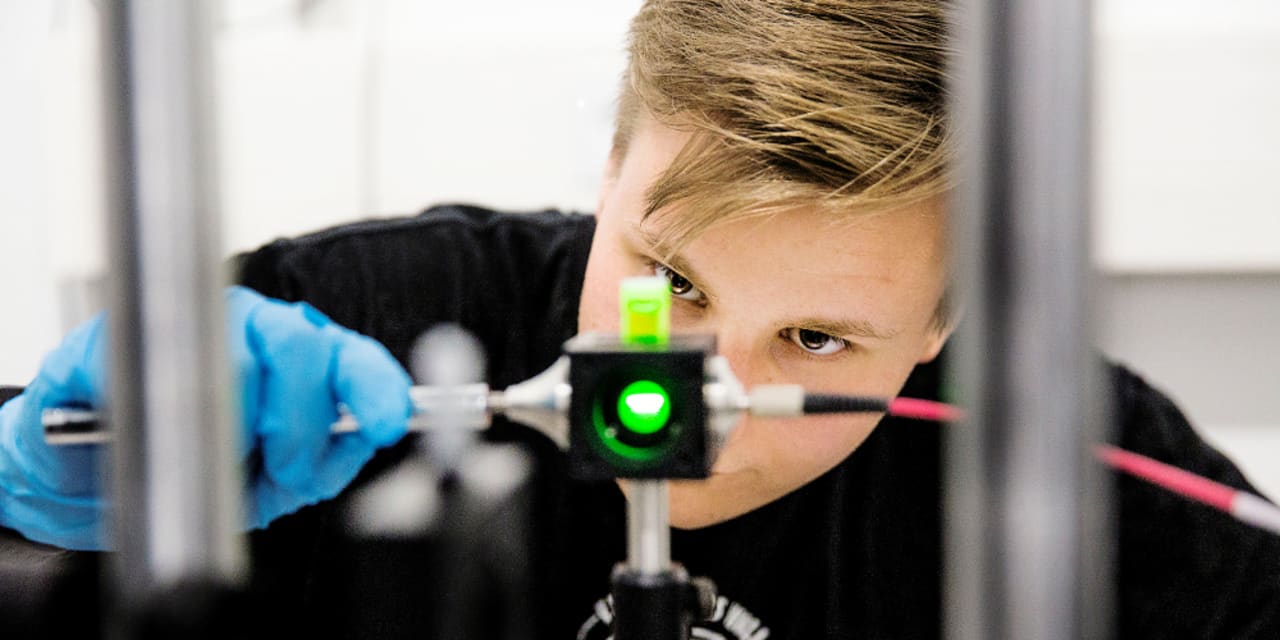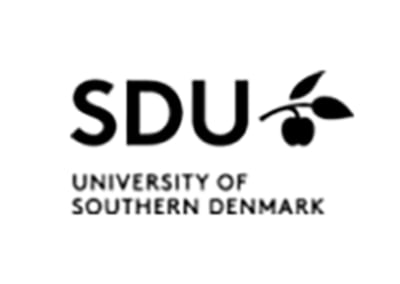
MSc in Engineering (Physics and Technology)
University of Southern Denmark

Key Information
Campus location
Sønderborg, Denmark
Languages
English
Study format
On-Campus
Duration
2 years
Pace
Full time
Tuition fees
EUR 6,950 / per semester
Application deadline
Request info
Earliest start date
Sep 2024
Introduction
A Physics and Technology engineer combines the best of two worlds: the drive of a physicist to understand the basic principles of how the world works and the drive of an engineer to find new technological solutions to the challenges of our society. Some of the main challenges of today are related to energy and climate, and the solutions are in many cases related to the intelligent use of materials.
In this program, you will obtain specialist skills in areas such as design, modeling, fabrication, and analysis of functional materials. This academic profile is a fast track to employment since it combines fundamental knowledge of materials with an application-oriented mindset. Here, applications include a wide range from advanced sensor technology for medical diagnosis or food analysis to the development of improved renewable energy sources.
Admissions
Curriculum
Programme structure
The Masters programme covers two years of studies.
First semester
In the first semester, you will learn about materials science and computational methods for studying materials. You will also work both theoretically and experimentally with sensor technology as well as statistical signal processing. Finally, you will carry out a group-based project where you learn to apply some of concepts from the other 1stsemester courses to solve a real-world problem.
Second and third semester
On the next two semesters, you will further specialize with courses in applied polymer materials and manufacturing techniques. You will learn about advanced material characterization techniques and reliability aspects incl. an experimental course on optical spectroscopy. This is complemented with courses in microtechnology and fabrication with special focus on energy devices and there is a second group-based project where you further improve your skills in project work. Finally, there are elective courses, you can participate in an In-Company Project or initiate your Master’s thesis.
Fourth semester
The fourth semester is dedicated to the Master’s thesis. You choose the topic yourself and typically carry out the project work in one of the research groups and/or in cooperation with a company.